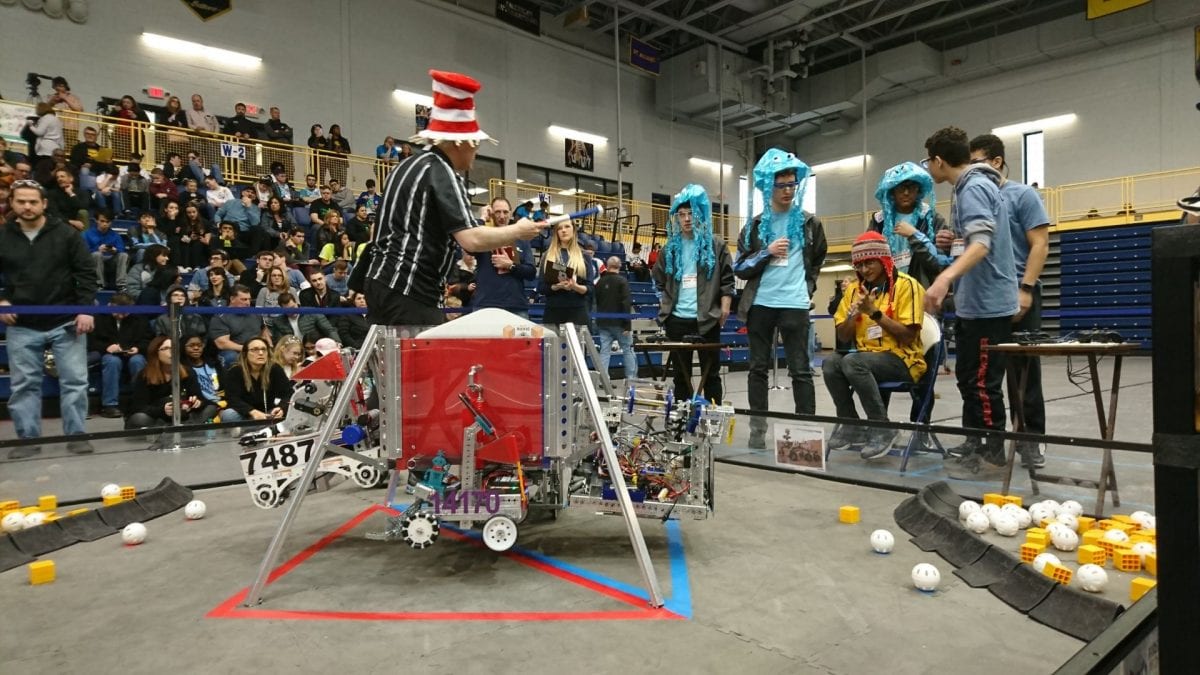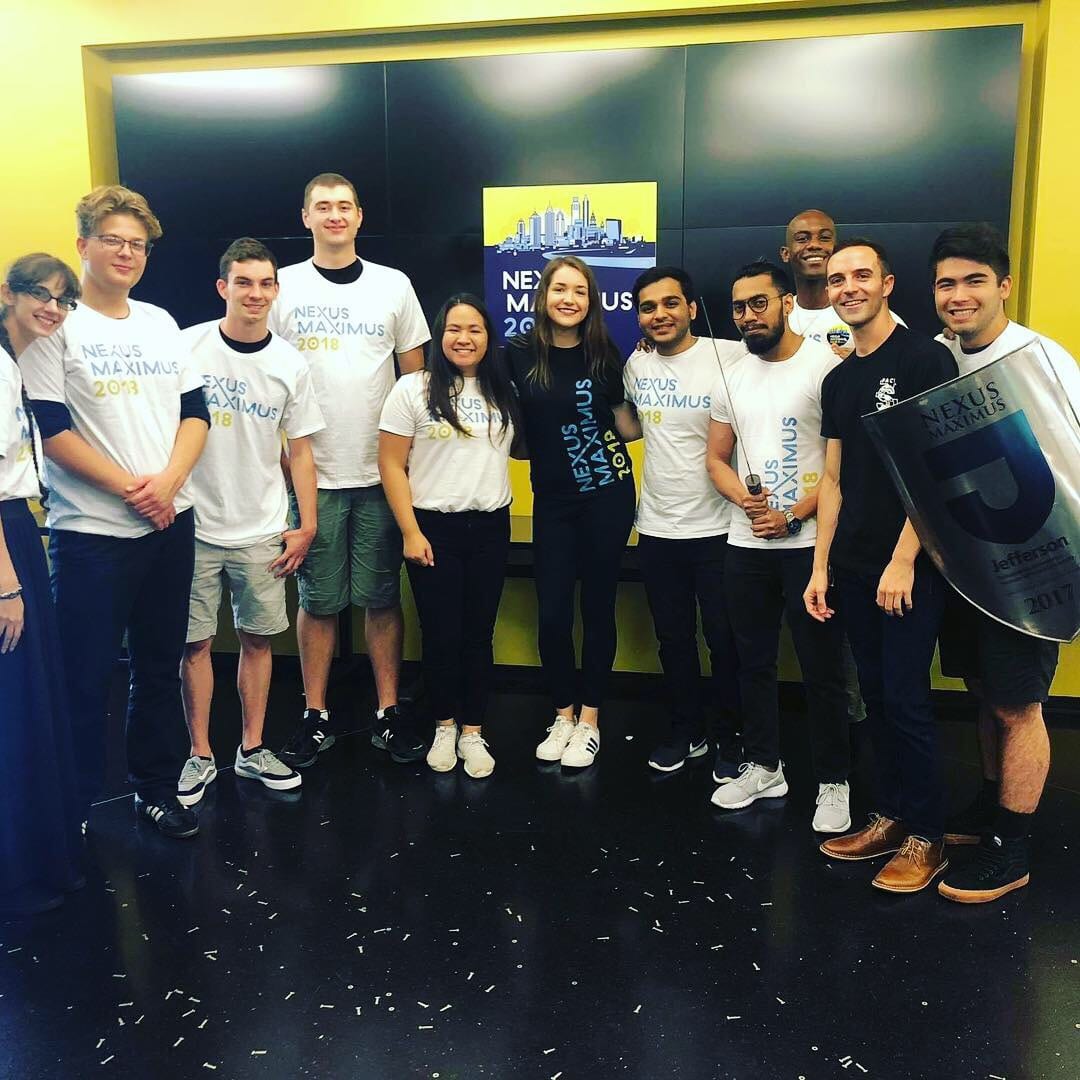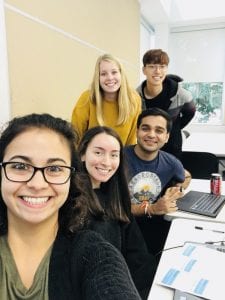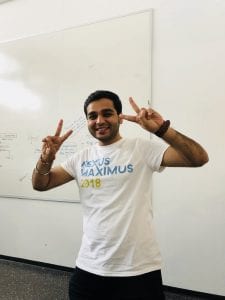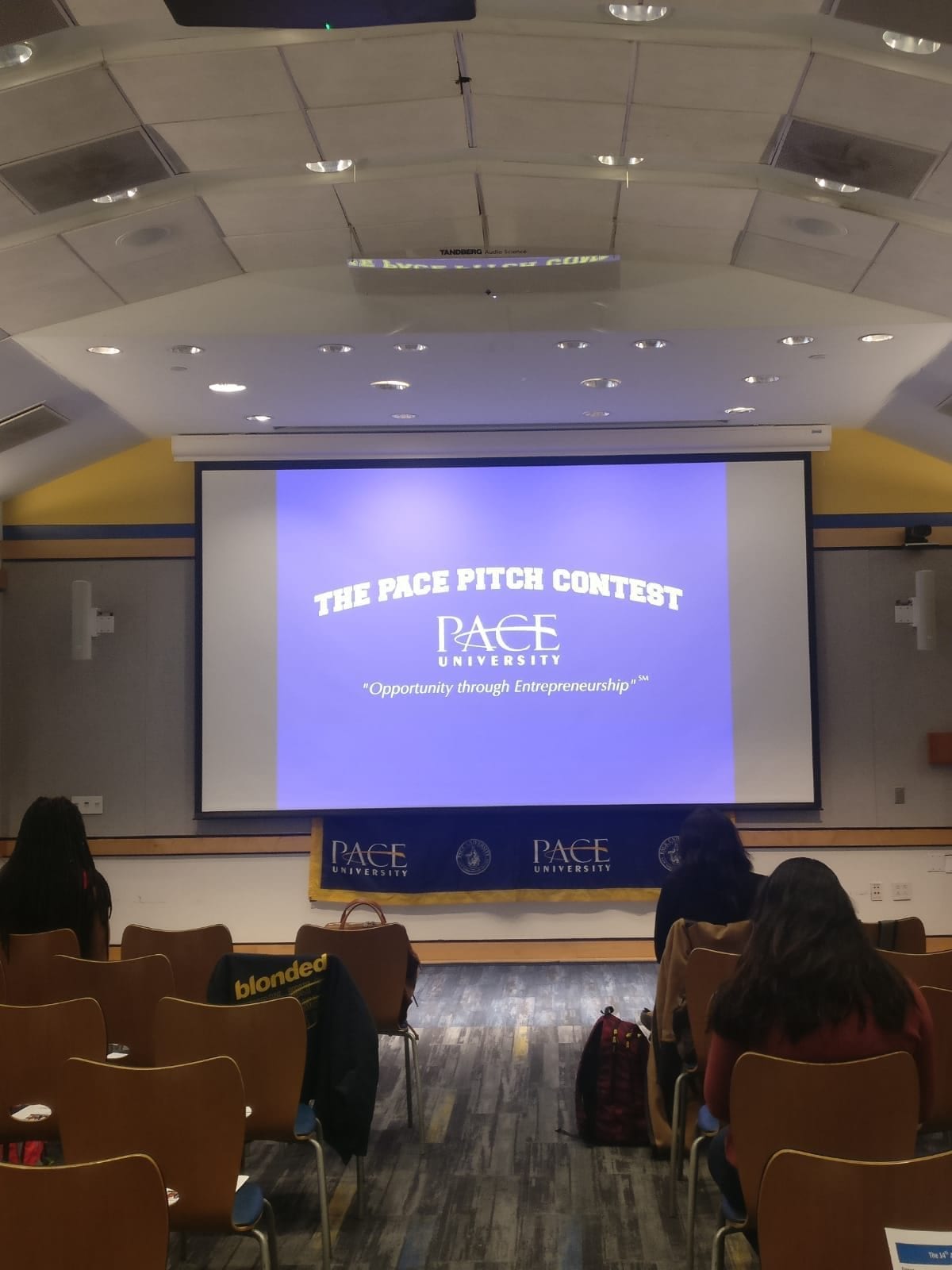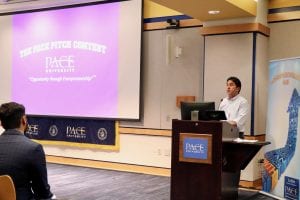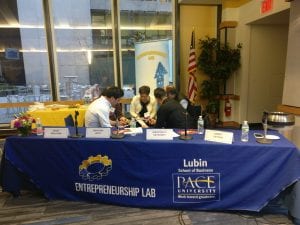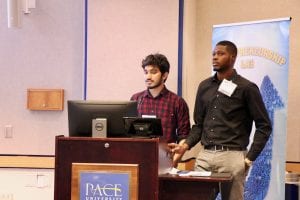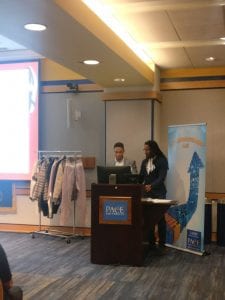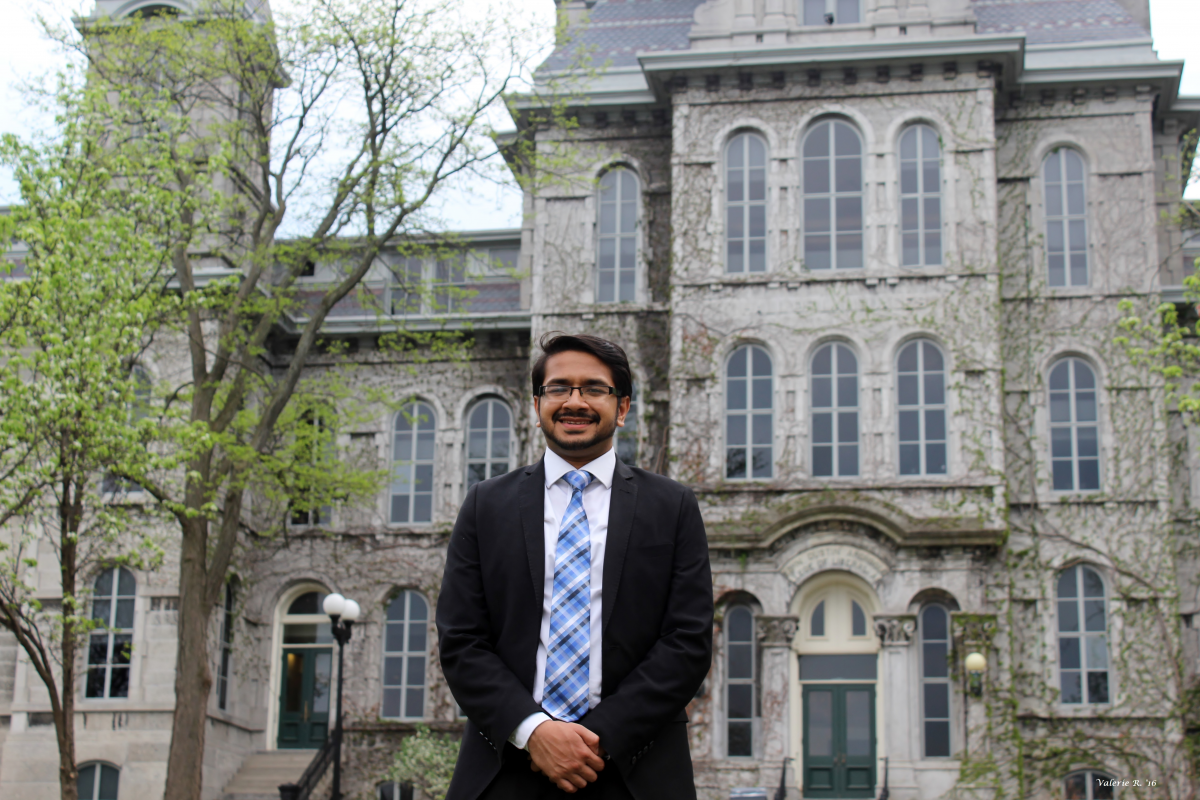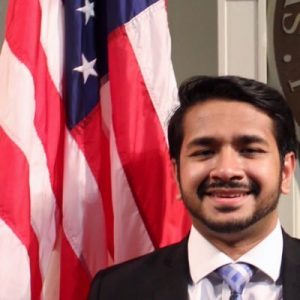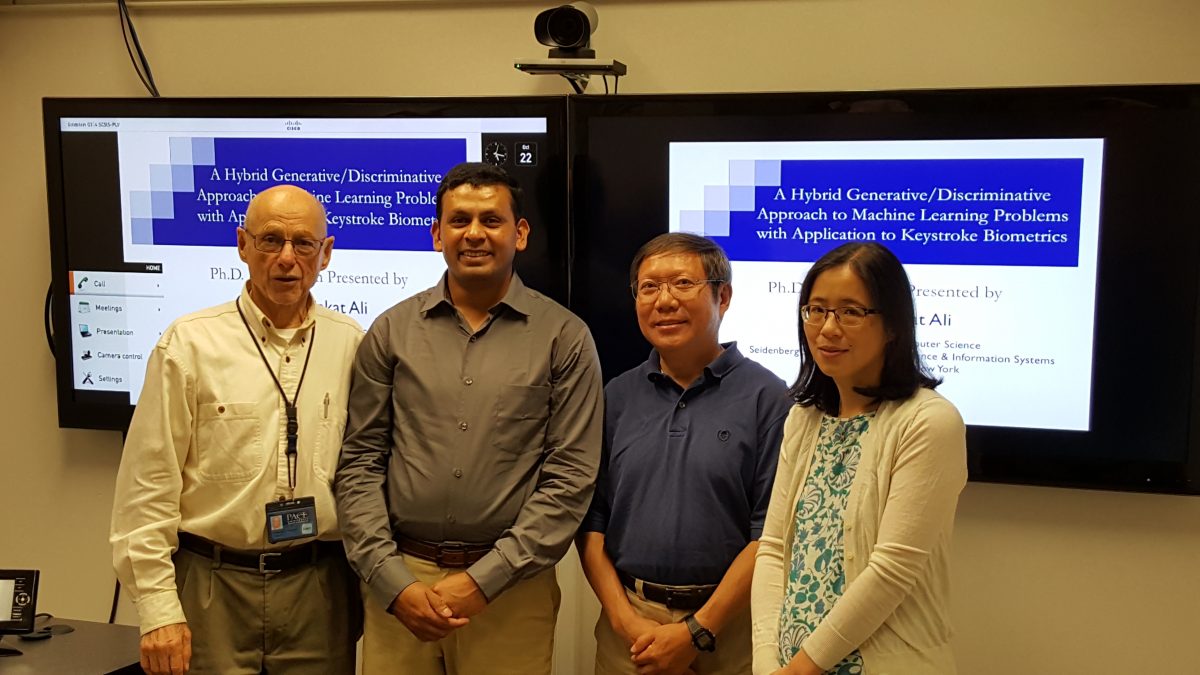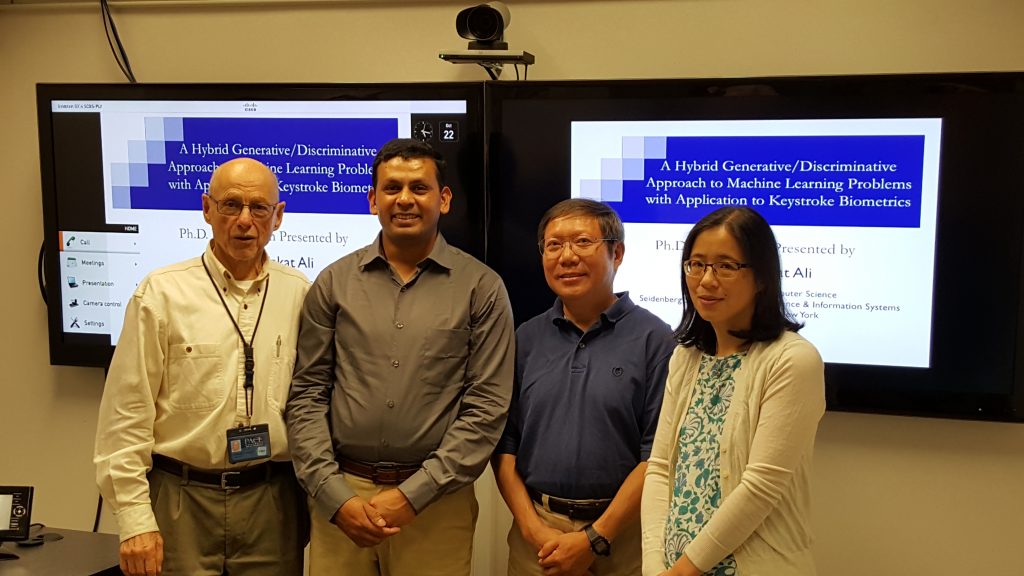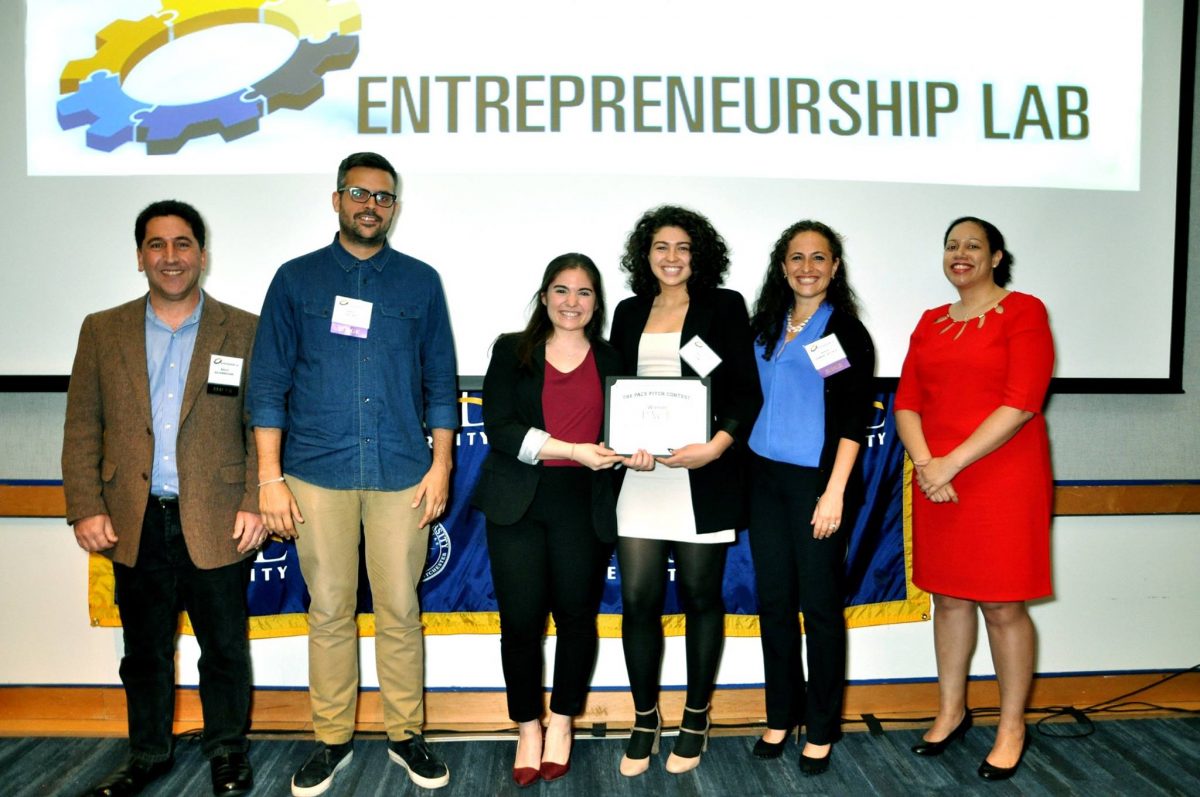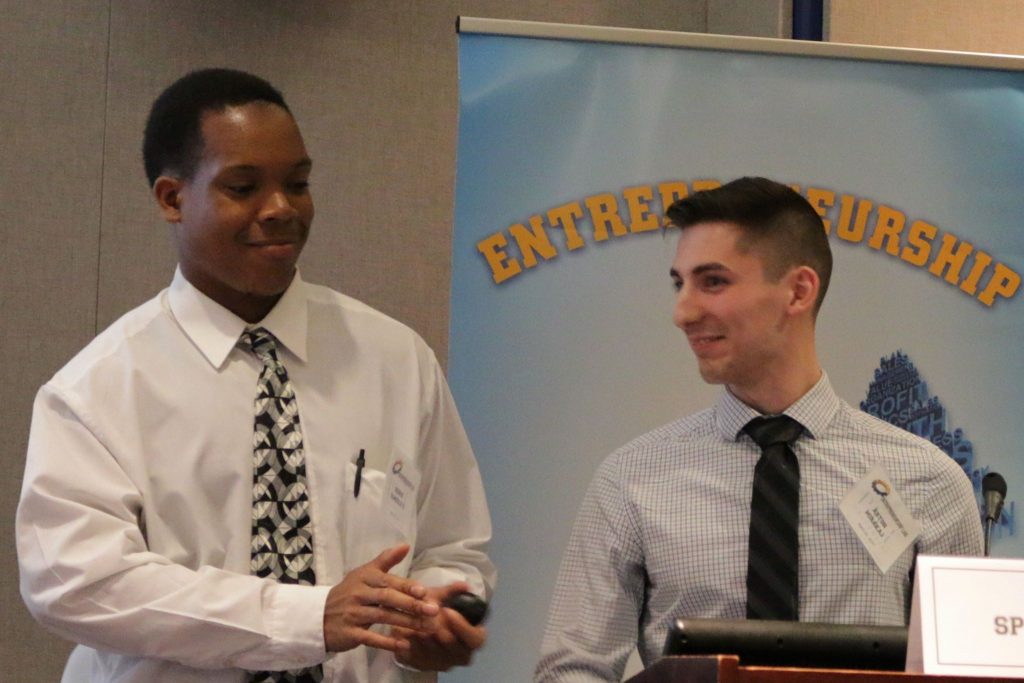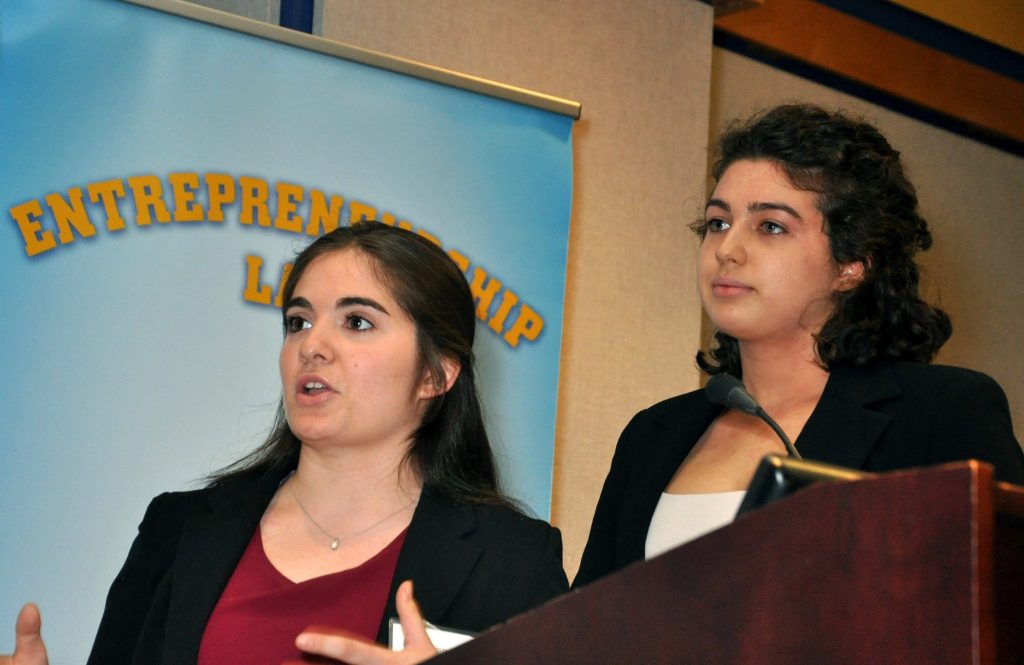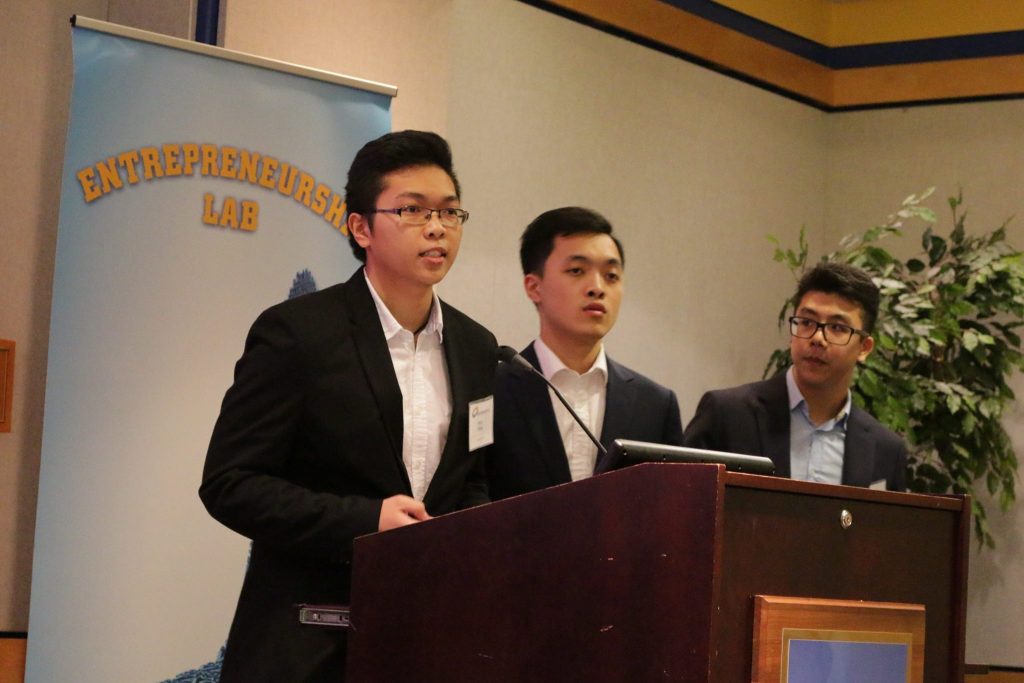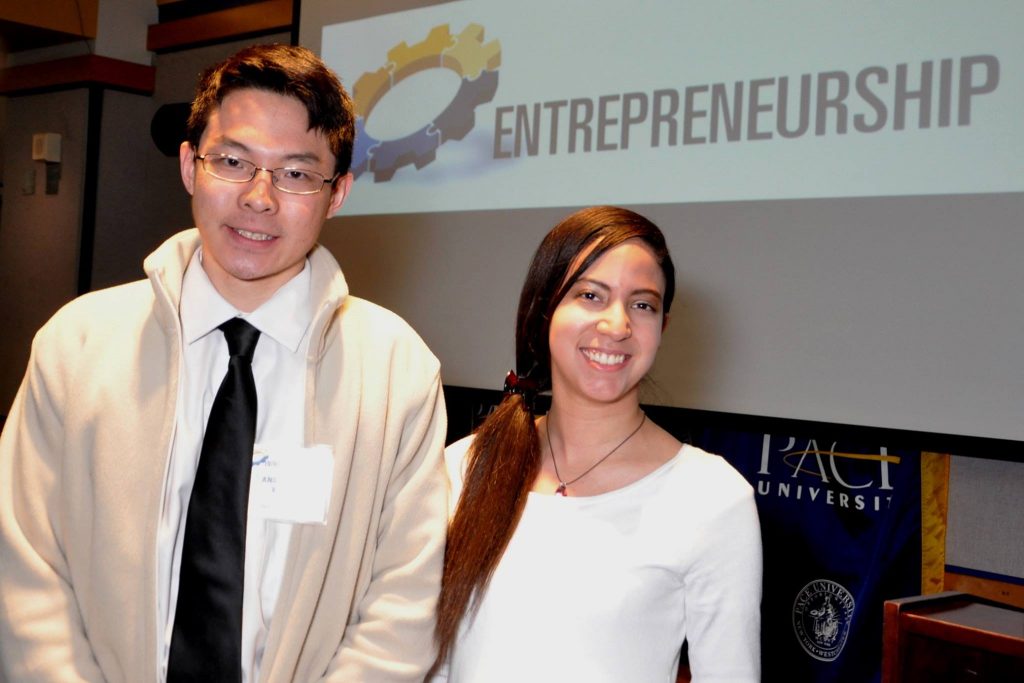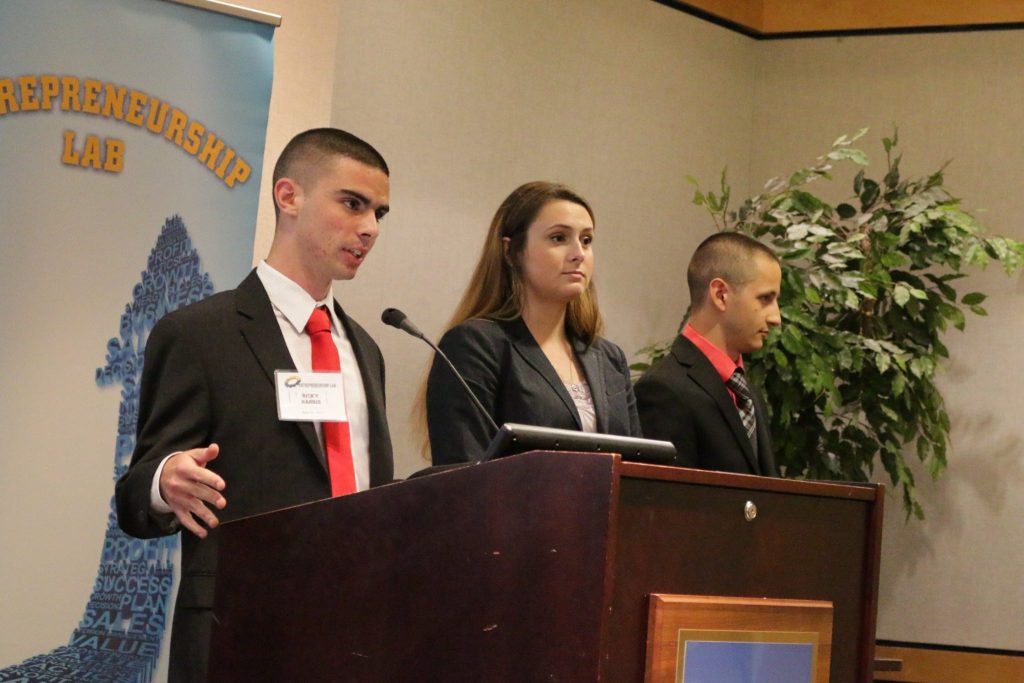If watching robots compete to complete tasks entices you, then you should’ve been at Pace University on February 10th. The 10th annual Hudson Valley NY FIRST Tech Challenge championship robotics tournament was held on Pace University’s Westchester campus. The day was full of challenges and innovation for middle and high school students from the Hudson Valley. Only one goal stayed in each of the students’ minds throughout the tournament: getting to the world championship.
The event, run by Dr. Richard Kline and Jill Olimpieri, hosted 27 high school-level teams. The competition brought together the region’s top qualifying teams and their robots to compete in a task-based challenge. Pace University has hosted the regional championship for several years. Pace University, Pace University Athletics, and IBM sponsored the event.

According to the Hudson Valley NY FIRST Tech Challenge site, “Students in FTC design and build a robot using aluminum, polycarbonate, motors and servos, sensors, and a variety of other materials. They program and control it using Android Smartphones with Java or a Blocks-based graphical language.”
With exclusive scholarships open to competing students totaling more than $80 million, the stakes were high. The challenge to beat this year was “Rover Ruckus,” and teams battled to take the top spots.
According to Dr. Kline, “More than 40 current Pace students and about a dozen alumni, staff, and faculty participated in the event, comprising half of the 100 or so volunteers who banded together to run the competition under the guidance of volunteer coordinator and Seidenberg School staff member Jill Olimpieri. Students contributed in all areas of the competition, from setup and logistics to referees, judges, inspectors, and robot technical advisors.”
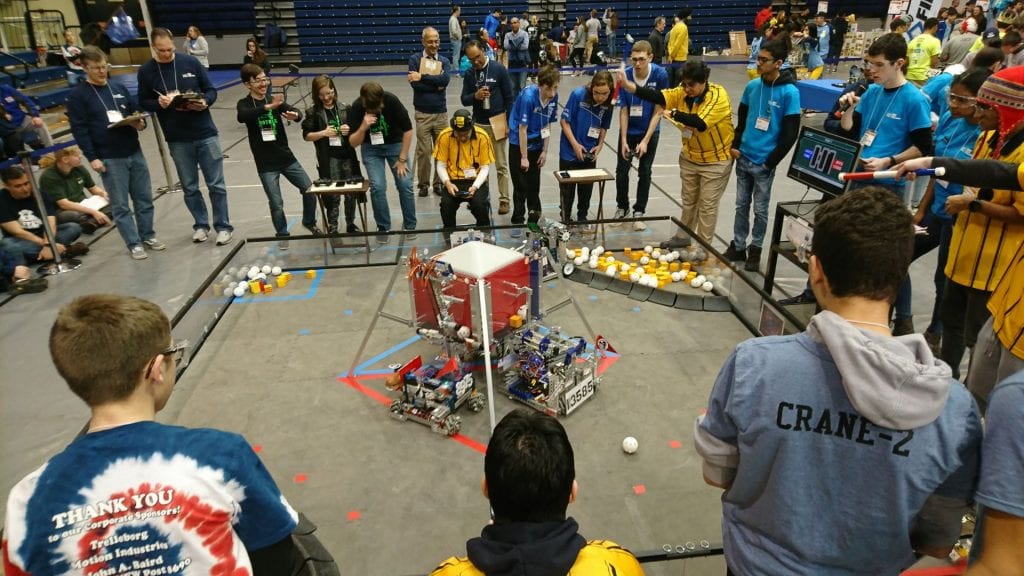
Pace students and faculty Sukun Li and Leanne Keeley volunteered as judges for the event. Students Jeana Cosenza, Kyle Hanson, Joel Thomas, and Zach Demeglio, among others, volunteered in various supporting roles. Dean Hill even made a special appearance to cheer on the teams and robots!
Fios 1 News covered the event, giving the young students the chance to feature their efforts on the local news. The coverage inspired and motivated the students to share their experiences and do their best.
At the end of the day, three teams came out on top and will move on to the world championship. Congratulations to Team 6567 – Roboraiders from Red Hook High School, Team 7486 – Suffern Robotics from Suffern Senior High School, and Team 8397 – Beta, from CCE Clinton County 4-H. We wish the best of luck to them at the world championship!
Follow us on social media for updates!


